Over at Public Discourse, Professor Mark Regnerus reports on the important new study from Canada which we told you about yesterday.
Regnerus shares his opinions on the research by Douglas Allen published in the Review of the Economics of the Household last week:
Every study has its limitations, and this one does too.... [but] its limitations are modest in comparison to its remarkable and unique strengths—a rigorous and thorough analysis of a massive, nationally-representative dataset from a country whose government has long affirmed same-sex couples and parenting. It is as close to an ideal test as we’ve seen yet.
The study’s publication continues the emergence of new, population-based research in this domain, much of which has undermined scholarly and popular claims about equivalence between same-sex and opposite-sex households echoed by activists and reflected in recent legal proceedings about same-sex marriage.
Read Professor Regnerus' full piece here.


 Using Canadian census data, a very large and therefore representative database, Canadian professor Douglas Allen of Simon Frazier University finds that children raised by intact, married biological parents do better than children raised by same-sex couples.
Using Canadian census data, a very large and therefore representative database, Canadian professor Douglas Allen of Simon Frazier University finds that children raised by intact, married biological parents do better than children raised by same-sex couples.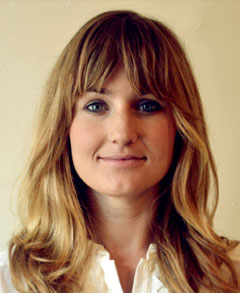


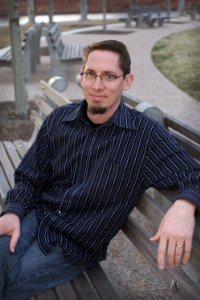

 The chairman of the United States Conference of Catholic Bishops’ Subcommittee for the Promotion and Defense of Marriage has called a federal court’s decision to strike down the key provision of the Defense of Marriage Act “unjust and a great disappointment.”
The chairman of the United States Conference of Catholic Bishops’ Subcommittee for the Promotion and Defense of Marriage has called a federal court’s decision to strike down the key provision of the Defense of Marriage Act “unjust and a great disappointment.”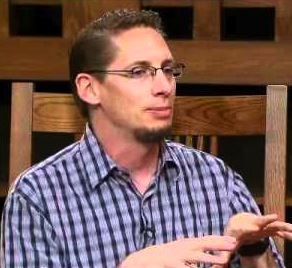
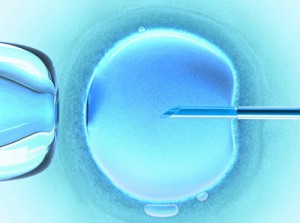
 I am a total brat about what I consider a biological injustice. Did you just hear me say that? Biological injustice? That doesn't even make sense!
I am a total brat about what I consider a biological injustice. Did you just hear me say that? Biological injustice? That doesn't even make sense!
 Because biology matters:
Because biology matters: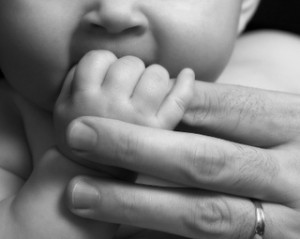 All this advice rains down on expectant mothers for the obvious reason that mothers carry babies and create the environments in which they grow. What if it turned out, though, that expectant fathers molded babies, too, and not just by way of genes?
All this advice rains down on expectant mothers for the obvious reason that mothers carry babies and create the environments in which they grow. What if it turned out, though, that expectant fathers molded babies, too, and not just by way of genes?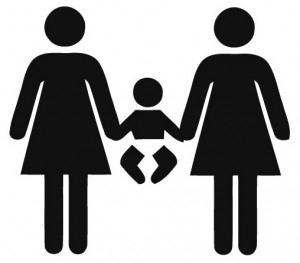 The University of Texas-Austin came to the defense of Professor Mark Regnerus after his controversial journal article was published, claiming children of same-sex parents are more likely to be on welfare or depressed than the offspring of heterosexual couples.
The University of Texas-Austin came to the defense of Professor Mark Regnerus after his controversial journal article was published, claiming children of same-sex parents are more likely to be on welfare or depressed than the offspring of heterosexual couples.



